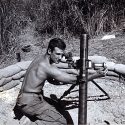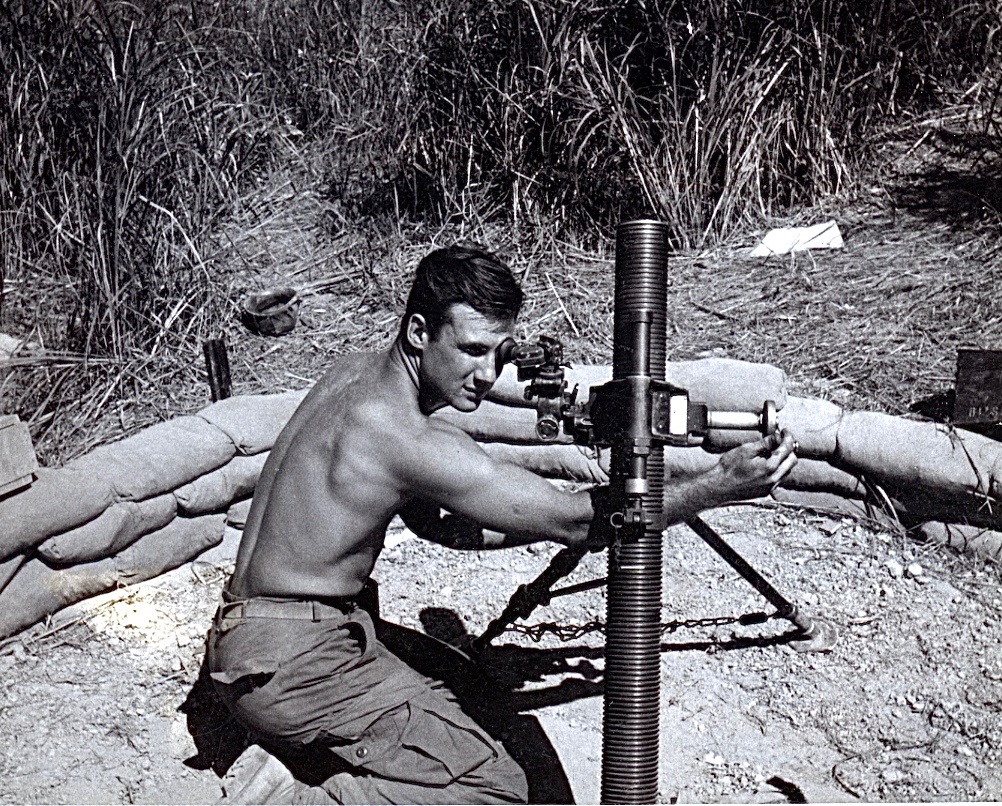
 Michael Edward Gordy was born on November 4, 1946, to Ed and Pauline Gordy of Snow Hill, both with deep roots in the Eastern Shore of Maryland. He was the first of five children born into a loving family and attended church with his family who were members of Bates Memorial United Methodist Church in Snow Hill. Mike also attended elementary and high school in Snow Hill.
Michael Edward Gordy was born on November 4, 1946, to Ed and Pauline Gordy of Snow Hill, both with deep roots in the Eastern Shore of Maryland. He was the first of five children born into a loving family and attended church with his family who were members of Bates Memorial United Methodist Church in Snow Hill. Mike also attended elementary and high school in Snow Hill.
Mike was a gifted sketch artist and amateur photographer. He enjoyed playing guitar and singing 1960s folk music. He was intelligent, chivalrous and a hopeless romantic. After leaving high school, he worked for Adkins Company and then as an estimator and draftsman for Worcester Building Supplies, both in Snow Hill. He also worked with his father in construction.
Idealistic and patriotic, with a father who landed at Normandy on D-Day+1, Mike voluntarily enlisted in the Marines. In spite of knowing that a higher percentage of casualties would be from the Marines, he wanted to make sure he did his part.
Mike arrived in Vietnam in September of 1967. During his first tour, we kept track of his movements with our push pin on the map of Vietnam which hung on the wall behind our kitchen table —Con Thien, Hue City, Khe Sanh, Cam Lo. Walter Cronkite was the background voice to every supper, and we couldn’t avoid the worrying realization that Mike was often in some of the heaviest fighting. He participated in 12 major operations including Meade River, Mingo, Medina and Lancaster. While manning a mortar in Con Thien, Mike was wounded when a mortar fell short of the target and exploded.
After a 2½ month recuperation in the US Naval Hospital in Yokosuka, Japan, he returned to Vietnam and was made section leader. He participated in the clean-up mission in the aftermath of the Battle of Hue, the historic capitol of South Vietnam. Mike had a unique perspective of war and the victims of war. He sponsored two orphans, one an amputee, through a Catholic agency. His humanitarianism was also evident in letters home asking us to imagine how we would feel if we had witnessed the destruction of our capitol.
In June of 1968, Mike tried in vain to keep his younger brother, Denny, from volunteering for duty in Vietnam. Though they tried to see each other while they were both in Country, troop movements prevented them. They didn’t know then they would never see each other again.
In the last half of July 1968, Mike’s section alone was awarded a Navy Commendation for the battle for Hill 689. A corporal at the time, he was recommended for Meritorious Sergeant for his leadership in this action.
After being home for 30 days in November of that year, Mike was back in Vietnam by December 7, 1968, for his second tour of duty which was to last 6 months. He hadn’t had the heart to tell his family while he was home that he was going back, having volunteered to be in the Combined Action Group (CAG).
The goal of this program was to help train and support the South Vietnamese to keep their villages safe. By 1968 it had become a roving operation with no fixed location, rotating between villages. It involved constant night patrols with Marines accompanied by members of the South Vietnamese Popular Force, the local militia —28 PF’S to 11 Marines composing a Combined Action Platoon (CAP).
Despite the disillusionment with how the war was being fought, Mike never lost his passion to help bring freedom to a people he saw as oppressed, while at the same time looking very much forward to his life after war. His letters home during this period are full of dreams and plans to work with his father in his construction business after he returned home.
But serving in a CAP was an extremely high-risk assignment, coined a ‘suicide mission’ by the troops. Mike was killed while on night patrol on April 18, 1969, in Quang Tri province, two months before the end of his tour. At the time of his death, he was a sergeant and the leader of his CAP unit. He was posthumously awarded the Bronze Star Medal with a combat “V’ for heroism.
Denny escorted Mike’s body home from Vietnam to Dover AFB. Mike was buried in Bates Cemetery. Denny was compelled to accept reassignment at Eglin AFB in Florida. Tragically, in August of 1970, he was killed by a drunk driver in a car accident while completing his term of enlistment.
So we were, and are, a family deeply scarred by the Vietnam war. But we have great hope in God and Christ to all be together again, and meanwhile, though their bodies lie in graves, they live undiminished in our hearts.
Lovingly submitted by his three sisters —
Rhonda Dykes, Belva Dennis and Abby Mason
